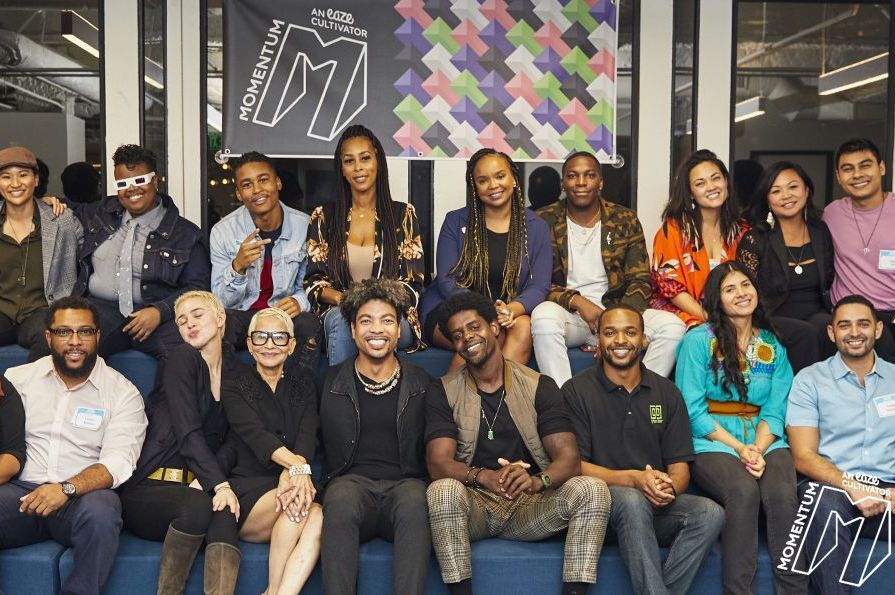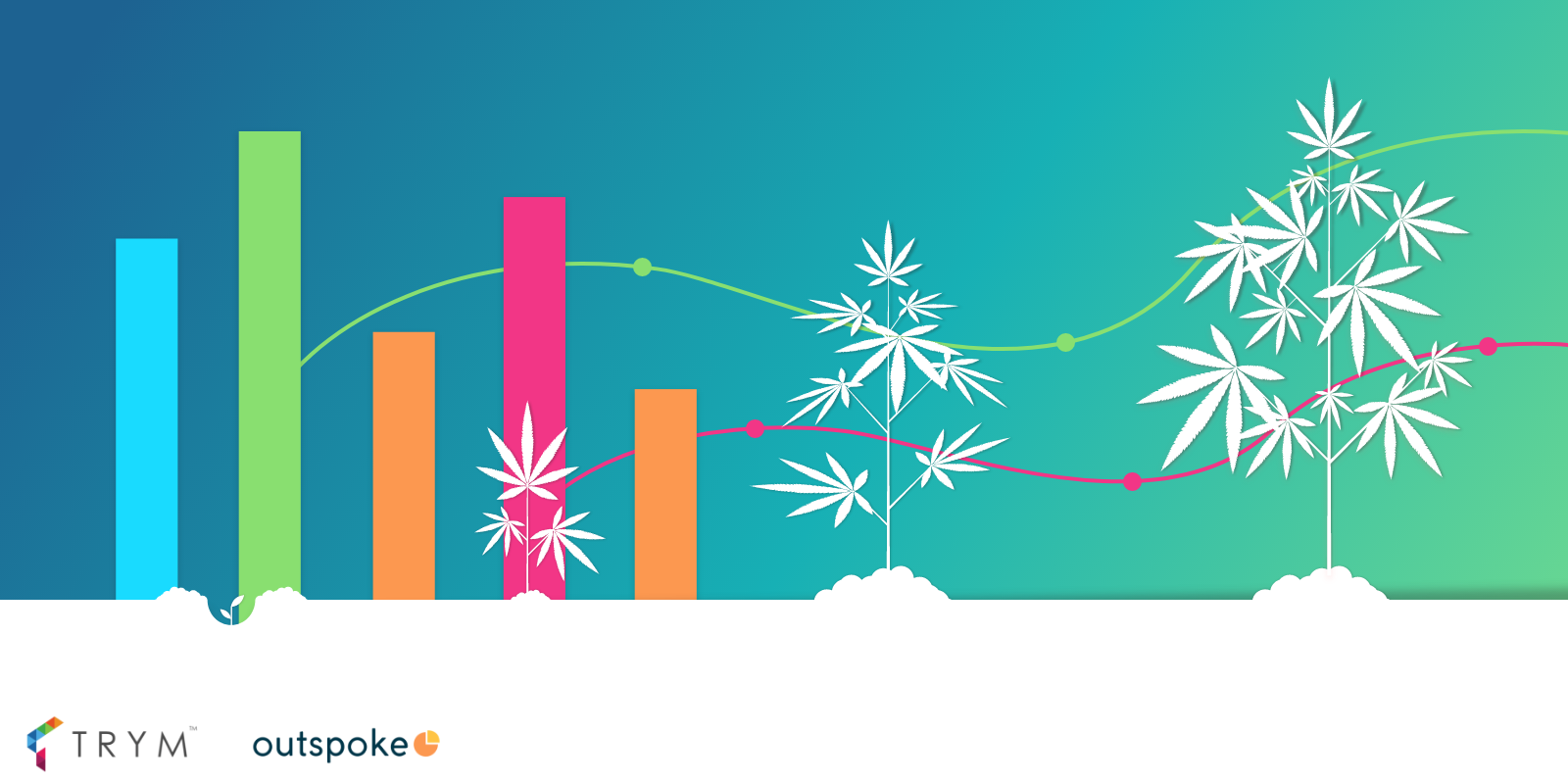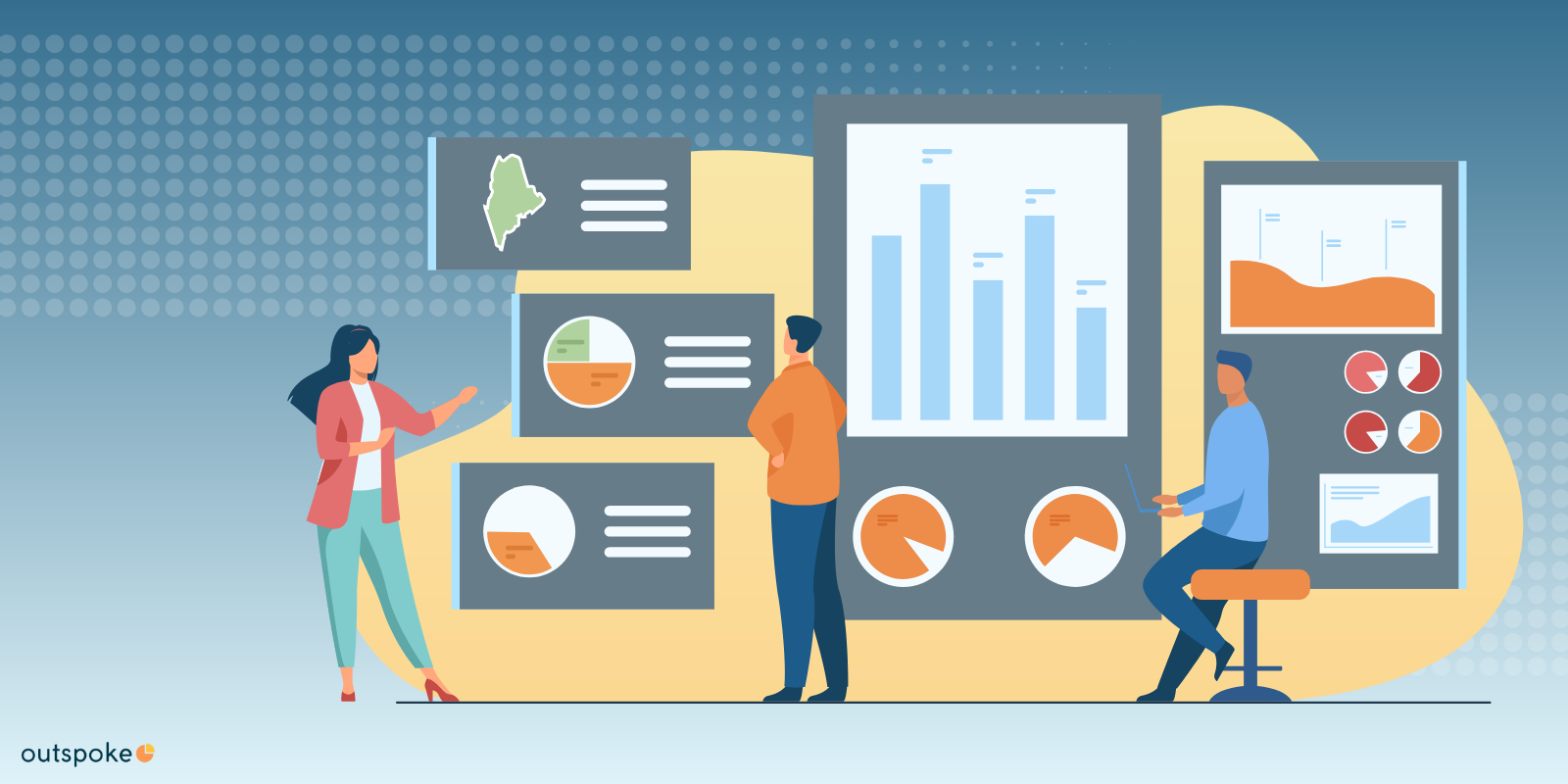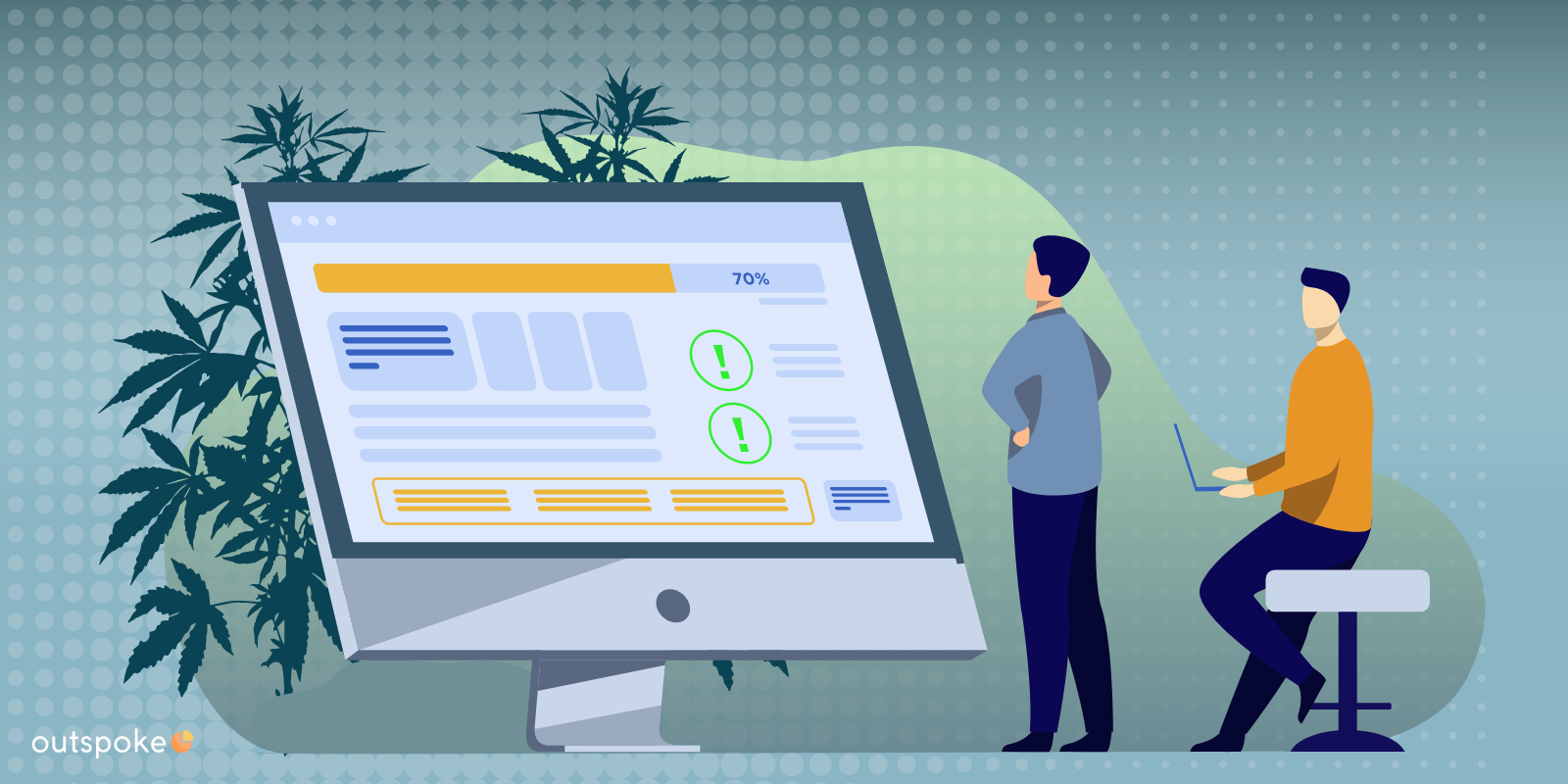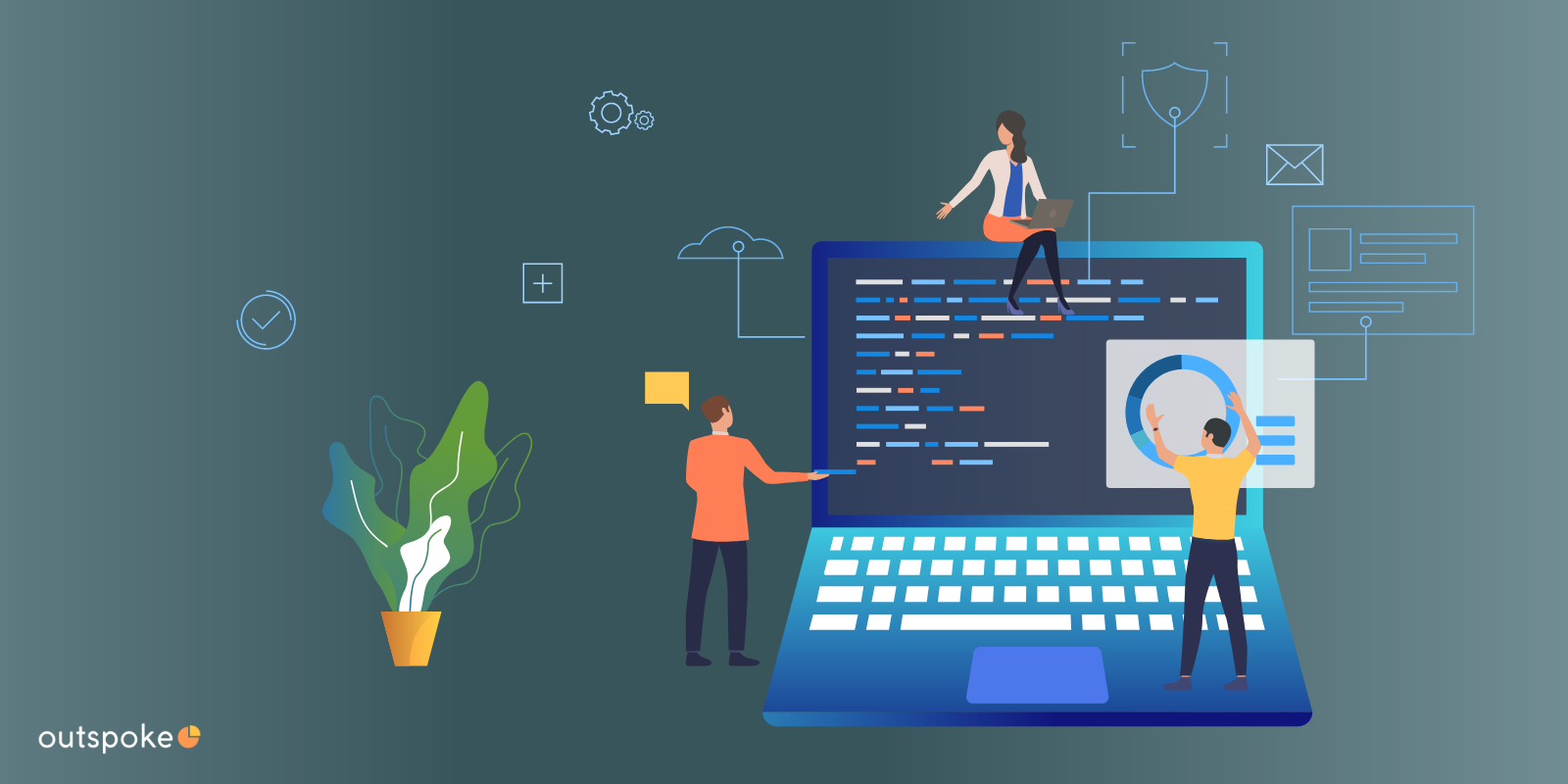Continuing A Cannabis Legacy: Eaze’s Social Impact Manager, Ishaq Ali on Momentum, Social Equity, and the Rich History of California Cannabis
Social equity in cannabis is more than just a hot topic. It needs to be taken seriously— and Ishaq Ali of Eaze is pioneering an exemplary path. As manager of the Eaze Momentum program,an annual accelerator that supports underrepresented license-holders, Ali is working to set out what social empowerment looks like in the contemporary cannabis industry.
In Outspoke’s latest interview, Ali offers a breakdown of the program, drawing upon California’s rich history of legacy operators that continue to define the state cannabis economy but have ultimately been left out of its very lucrative picture. While activists have been pushing for social justice in cannabis for many years, Ali is at the forefront of helping larger companies like Eaze create sustainable changes. Just keep reading below to find out.
What is Eaze Momentum? Can you tell me a bit about how the program came about?
Eaze Momentum is a business accelerator focused on supporting underrepresented entrepreneurs in the cannabis space. For example, as many people know, the industry in California has existed for decades before legalization.
There were hundreds and hundreds of legacy operators for years and years and years. When they were transitioning into the new prop 64 world, it was difficult for any legacy operator to enter the new industry unless they had crazy amounts of money backing them and all these networks of support.
The idea of Momentum was to help fill in that gap and create pathways to success for these small businesses. We’re not trying to say we’re a solution to The War on Drugs. There’s no way anyone can properly reverse the wrongs of the War on The Drugs. This is our authentic and heartfelt attempt to support progress, because it’s so needed.
We provide each business in the program with a 50,000-dollar grant, but unlike other accelerators, Eaze takes no equity. We have 12 weeks of education content run through webinars. Throughout those 12 weeks, each Momentum participant is partnered with an Eaze employee who has volunteered to be their mentor-liaison throughout the program. We help them put together their investor deck and pitch to investors, and we’re excited about our upcoming virtual pitch day on May 26.
It’s important to us, as an industry leader, to not only lead as a business, but as a socially conscious business and support the industry that’s making us a reality.
Can you explain a bit more about legacy operators and what that means in the state of California?
Totally – a lot of people use the “the black market” which has a negative connotation to it. “Legacy operator” changes the framework of that. Just because it was illegal then and is legal then doesn’t mean it was wrong then and right now. My way of thinking about this is that legacy operators aren’t transitioning from illegal to legal. The industry must support businesses that have already existed as they move into the legal market.
“Legacy operator” pays homage to the fact that they were willing to work in an industry that built community, supported patients, that really helped people despite its illegality and the criminal penalties that were possible for anyone that was operating in it.
I’ve been reading about Eaze’s positive track record with social impact in the cannabis industry. Can you go into that a little? Is the Momentum program just the latest iteration of your efforts as a company?**
It’s been a core piece of our company since 2018, when we hired our Director of Social Impact, Jennifer Lujan. Everyone recognizes the importance of social impact. We have three areas of social impact support: patient support, economic empowerment, community support and volunteerism.
In 2019, we partnered with Code for America and donated 100,000 dollars to support expungement of 250,000 people’s non-violent criminal records. We work a lot with Veterans and the LGBT communities as well, doing legislative advocacy and supporting cannabis-focused programs.
Momentum is the most recent iteration of it I would say. It’s definitely a culmination of a lot of programs we had in the past in the sense that we made sure to tie in patient support. We focus on economic empowerment by giving out the 50,000-dollar grant. We focus on community building by inserting our own employees into working with these legacy businesses.
The War on Drugs only feels like part of the story in terms of socioeconomic obstacles. Even as the Green Boom has taken place, the legal provisions have closed off opportunity. I’m thinking about the 2018 Farm Bill. In California, where should effort be placed to reopen these points of access.
First, it was immediately seen by policymakers as a high-risk industry. I don’t think there was true understanding that even though it was illegal, a self-regulatory system already existed among operators, who understood the plant’s necessity to patients.
Policymakers kind of ignored this existing industry. Instead of legalizing and legitimizing legacy operators, they handed them a packet and said “this is what we say you have to do in order to exist”. That’s why a lot of legacy businesses struggle.
Second, it’s not enough to waive fees or application fees. There needs to be more economic support. Again, going back to the importance of a 50,000-dollar grant: money is what people need. Capital is what people need. It is the state’s responsibility to do some part at reversing the harms of the The War on Drugs, which include maybe giving entrepreneurs capital to start the business. California is starting to do this.
Should capital-focused efforts like Eaze Momentum be the priority?
We want this to be a model for other companies . I don’t think you can truly ever repair the harms of the War on Drugs. I think the state is attempting to do that. But there need to be more champions in the political world that are willing to truly own it.
I want to circle back to protections for social equity businesses. You’re the second person I’ve spoken to that’s mentioned the precarity that social equity businesses face in terms of proprietors taking advantage of them. What type of protect should exist to safeguard social equity cannabis entrepeneurs?
One of the most important aspects of social equity is making sure the entrepreneur has true self-determination. However, in many cases, they’re given contracts that don’t favor them. There’s a serious problem in lack of legal resources for legacy operators.
We saw a lack of access to legal resources that would support self-determination. This was a key indicator that a program like Momentum could help assist these types of businesses with paperwork.
For me there’s sort of this tongue-and-cheek sentiment I’ve sensed that the cannabis industry is a fringe industry. However, I find myself questioning if it’s fringe because it escapes more equitable policies seen in other professional fields. What do you think?
Interesting question. I do want to say that cannabis is somewhat fringe still. It’s fringe because it’s a new industry, but going back to when you look at a lot of the legacy operators, people actually saw this as a wellness tool. That fact got lost in a lot of regulation. For us, it comes down to changing the narrative of cannabis through education. It’s too versatile of a tool to be truly considered any single identity.
Bringing it out to the consumer level, do you think concious consumerism is something that is extending into cannabis? Would you like to see more companies pushing awareness?**
Yes, I want companies to push more awareness. I would say in cannabis generally, you do see a lot of people that are pretty conscious consumers. I think you’re starting to see more people advertising a sustainable supply chain. Eaze has a carousel on our menu in the bay area for social equity businesses.
Before we even announced it, people on Twitter were like “Oh shit! Look what Eaze is doing. I like to know that even though I’m buying my weed from Eaze, I know I’m supporting a legacy business”.
Lastly, what's in store for Eaze? Any final thoughts?
We are hosting a virtual pitch day for the cohort on May 26, which I’m really excited about because long-term these companies need more, sustained investment to thrive.
My final thought is that there’s still a stigma about cannabis. We’ve already said that. What’s great is that venture capital groups are starting to really be more conscious of how they interact and associate with the cannabis industry. What’s nice about a program like Momentum is that it’s a vetted and proven program run by one of the biggest cannabis brands in the state, and it provides investors a vehicle to achieve their own social impact. It’s really hard to expect an individual to do something by themselves to repair the harms of the War on Drugs. Momentum can be that vehicle.
You can find out more about the cohorts from the Eaze Momentum program in their website or on Outspoke. Sign up for Outspoke today for free before June 15th!
Matt Dell is a content writer for Outspoke and Outcrowd Group.
